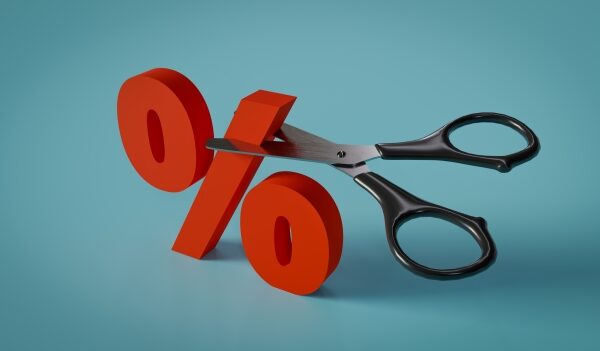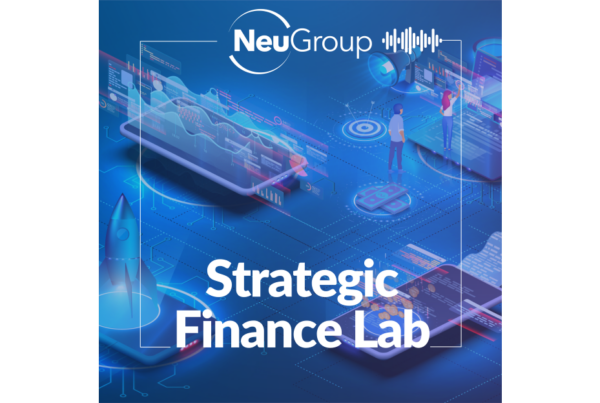
After fleeing prime funds, corporates are asking if now is the time to return.
Treasury investment managers interested in picking up additional yield for short-duration cash are not yet returning to prime money market funds (MMFs) that they exited as the coronavirus pandemic emerged. That was one of the key takeaways at a NeuGroup virtual meeting this week where several managers expressed interest in what one of their peers is doing: Using separately managed accounts (SMAs) for liquidity investing.
- None of the participants is currently invested in prime funds. “We got out and went into more government funds and stayed there,” one member said. Several others used almost the exact same phrase.
- The speed of the fixed-income market’s reaction to COVID-19 reflected that, in the wake of the 2008 global financial crisis, “Everyone had a playbook for duration, counterparty risk and prime funds,” one investment manager said. “Once they realized it was for real, they acted on it quickly.
Now what? Now that credit markets have stabilized, “We are curious about prime,” one member said. No wonder: The Federal Reserve’s moves to support markets with backstops for MMFs and commercial paper have some corporates wondering if the risk of prime funds is nearly comparable to that of government funds, making it worthwhile to take the extra yield offered by prime.
Prime problem. One reason to avoid prime funds, members said, is the gates that temporarily impose restrictions on redemptions if the funds breach weekly or daily liquidity requirements. Despite the Fed’s support, there are “still concerns,” one member said, adding that in the current situation you may unfortunately find out that you “have cash but don’t have the cash.”
- He noted that Goldman Sachs and Bank of New York Mellon pumped money into their prime funds in March as redemptions surged.
- An asset manager addressing the peer group told the managers, “If I had your jobs, I would not have a dollar outside the government funds” that is earmarked for a short-term, liquidity bucket. He said the floating or variable NAV of prime funds “can cause panic” in volatile markets.
- As for the Fed’s backstop facilities, he said that when investing in commercial paper or other debt, “I want to buy a credit because it’s a credit that I think is solid and a fair valuation—not because the Fed is providing a backstop.” In short, he added, “There is no substitute to credit work.”
The SMA option. Several participants were happy to hear from one member that using SMAs for cash invested for as little as two-months can be worth the cost of hiring an external manager. That’s thanks to a “strong relationship with a manager” who charges a “very low fee,” the member said.
- “I had always viewed the SMA route only for a weighted average life of a year or so,” one member commented. “But even for shorter duration it seems compelling now.”


